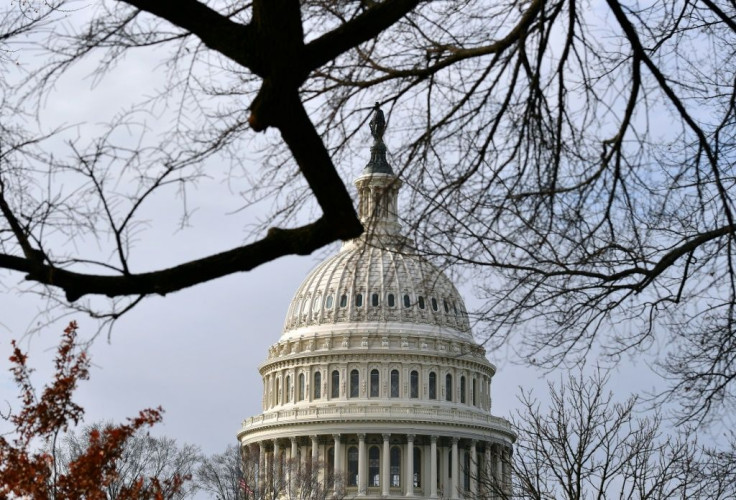Second Stimulus Check Negotiations Could Force Government Shutdown: 'Checks Is Complicated'
KEY POINTS
- The U.S. government may face a partial shutdown
- A shutdown would force "non-essential services" to stop operating
- Top congressional leaders are close to sending millions of Americans relief
The U.S. Congress is making preparations for a potential short government shutdown as lawmakers continue to negotiate on a coronavirus relief bill ahead of the deadline at 12:01 a.m. Saturday.
Democrats and Republicans are still sparring over spending issues in the next bill. As of Thursday evening, disagreements revolved around federal aid for health care, disaster relief funds and the eligibility for another round of $600 stimulus checks.
“Checks is complicated,” Senate Majority Whip John Thune said. “Designing that in a way that maximizes the amount that an individual or family can receive and try to target to the people who need it the most, I think is right now one of the biggest challenges.”
The new coronavirus relief package will include one-time $600 direct payments, $300 weekly unemployment benefits, roughly $325 billion federal aid for small businesses, as well as funding for vaccine distributions, schools and the Postal Service.
Democrats are also pushing for $30 billion for health-care-related concerns, as much as $17 billion for entertainment venues, and more money for public transit. Republicans are pushing back against those key requests. Top negotiators fear that the current problems may cause the talks to veer off track.
"Do we want to lapse into politics as usual and let negotiations lose steam? Do we want to haggle and spar like this was an ordinary political exercise? Or on the other hand, after months of inaction, do we want to move swiftly and with unusual bipartisanship to close out our issues, seal the deal, and write text that can quickly pass into law?" Senate Majority Leader Mitch McConnell warned.
Top congressional leaders say they are close to sending $900 billion in relief to millions of Americans. However, they are running short as current government funding expires at 12:01 a.m. on Saturday. Lawmakers would likely pas s a temporary government funding bill to avoid a partial shutdown.
During a government shutdown, all “non-essential services” would cease operations. In 1996, national parks, museums and monuments were heavily affected by the government shutdown. Services, including bankruptcy cases and passports, also became unavailable.
Nonessential government employees could be furloughed. Federal contractors would also not be paid during the shutdown unless authorized by Congress.

© Copyright IBTimes 2025. All rights reserved.




















